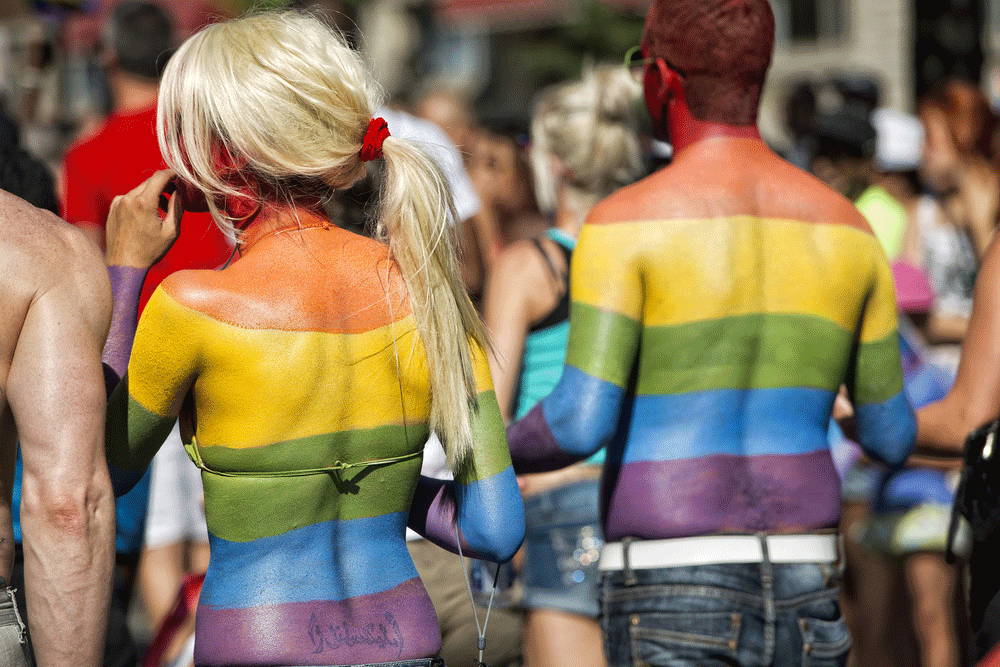a lot of people fail to engage in safe sex when toxic substances like crystal meth are involved. Studies have shown that there’s a strong association between methamphetamine abuse and HIV/AIDS.
Rizzo first tried crystal meth shortly after he was diagnosed as HIV-positive in 1989.
“In hindsight, I realize I found my new coping skill,” said Rizzo. “Meth was highly attractive because it relieved me of all the stressors I was dealing with. I forgot about my HIV status but unfortunately what was an occasional usage eventually became a daily problem.”
The next few years were marked by Rizzo ending a ten-year relationship, getting fired or demoted from different jobs, blowing through his 401(k), and finding himself on the verge of being homeless. That’s when Rizzo decided to seek treatment.
As result, he has been sober for 19 years and has decided to dedicate his life to helping other members of the LGBT community who turned drugs or alcohol to deal with the stressors in their lives. For the past ten years, Rizzo has served as the crystal meth recovery services manager at Los Angeles LGBT Center.
An open tailored forum
“Oftentimes when people ask for help they focus on the drug,” Rizzo said. “What they really need to do is realize they need to address the underlying emotional stressors in their lives that made them turn to drugs to escape.”
Addiction treatment requires people to be vulnerable and honest, which is why there’s a need for more programs tailored specifically for the LGBT community.
Treating a façade isn’t effective. In order to be mentally stronger and cope with issues of substance use and stress, individuals need to feel safe and talk about every part of the problem without being judged or criticized, said Rizzo.
“I think there’s still a role for learning how to be resilient in the face of stress,” added Hurley. “There are resilience strategies for both individuals and communities, so you can learn how to tolerate stressful situations without using alcohol or drugs in a dysfunctional way.”
While cultural formations may be to blame for the alarming data, societal transformations — coming from sexual majorities and minorities — may be capable of improving the situation.
“There’s a public health benefit that comes with being visibly out as a LGBT person,” said Hurley, “because it becomes harder for people to stigmatize you when they also know you as their brother, uncle, co-worker, or just a person in their lives. It contextualizes, normalizes the LGBT identity in such way that reduces the stigma and stress that can lead to substance use.”
















